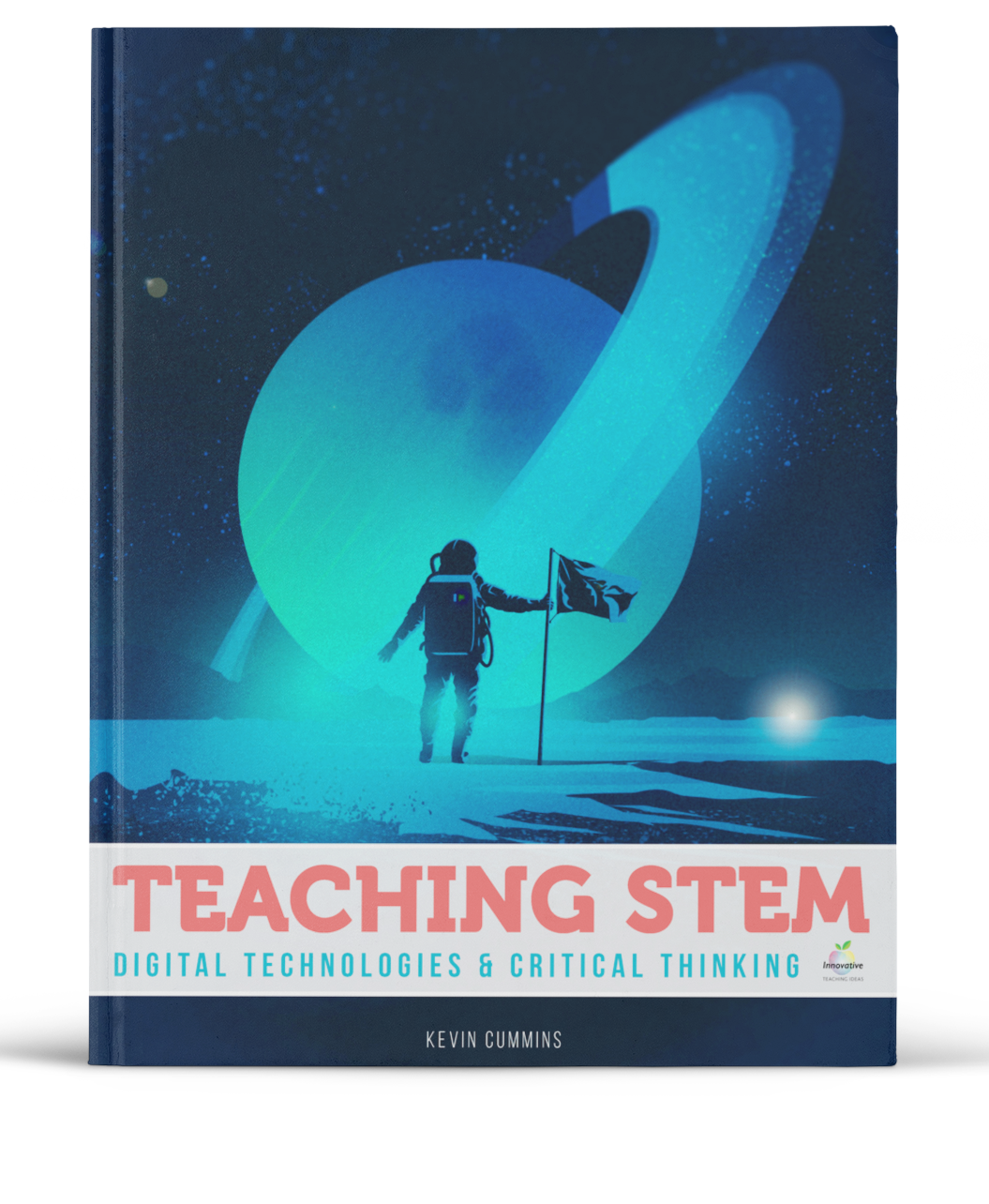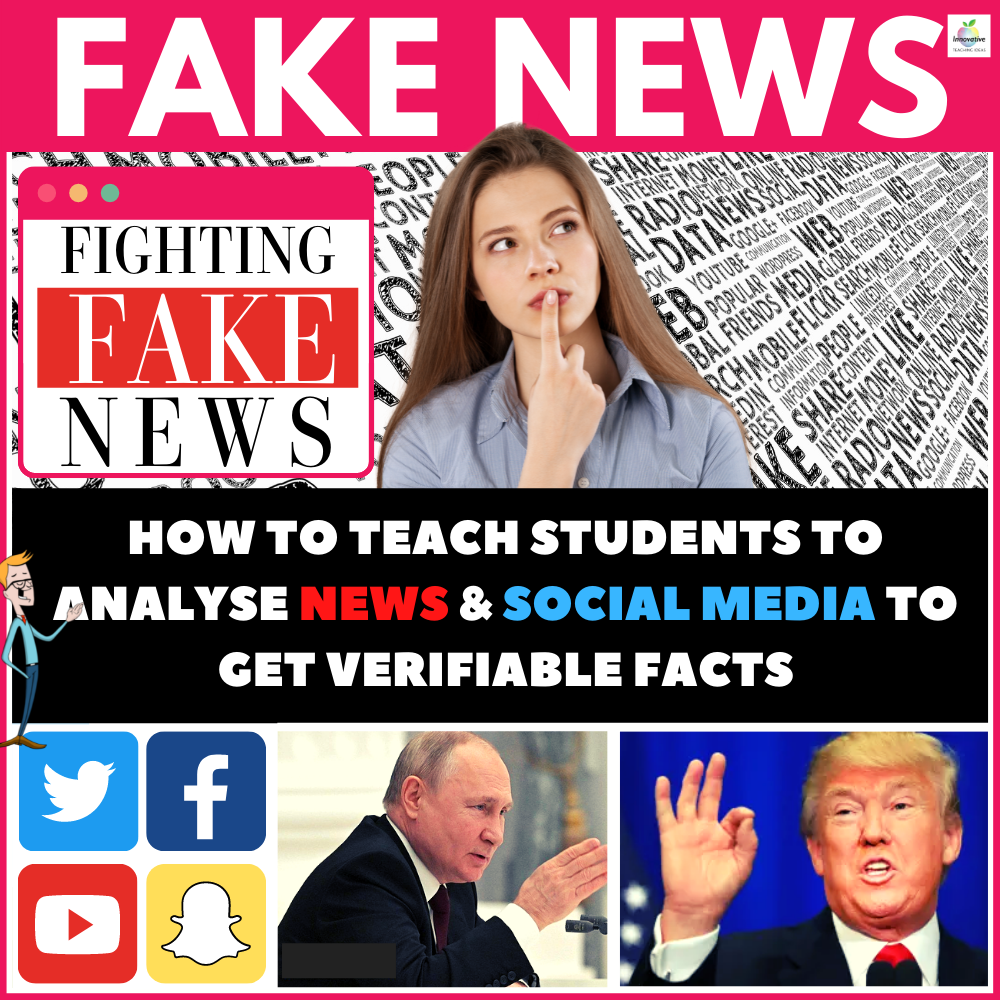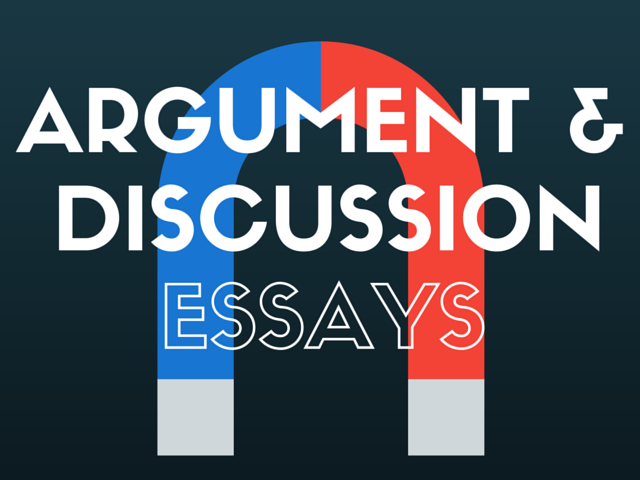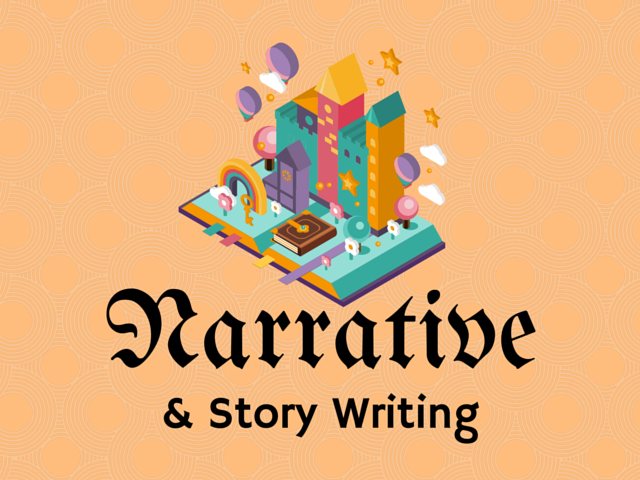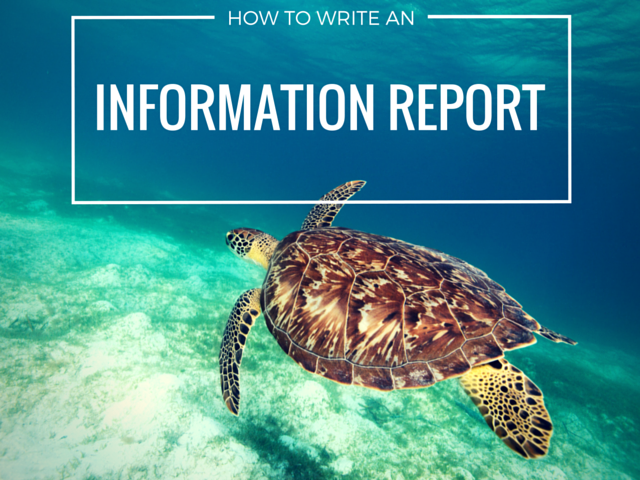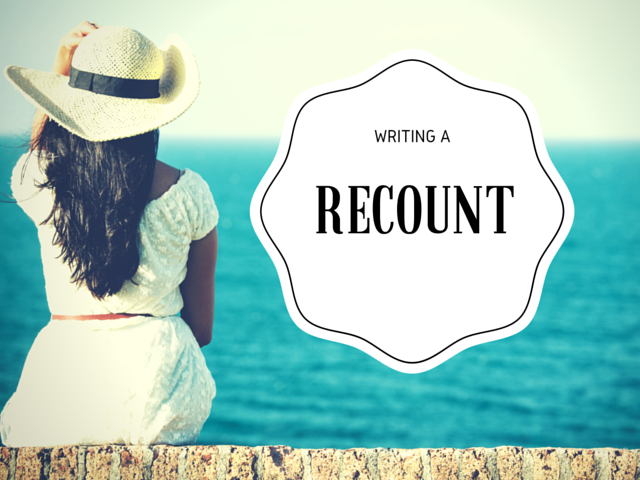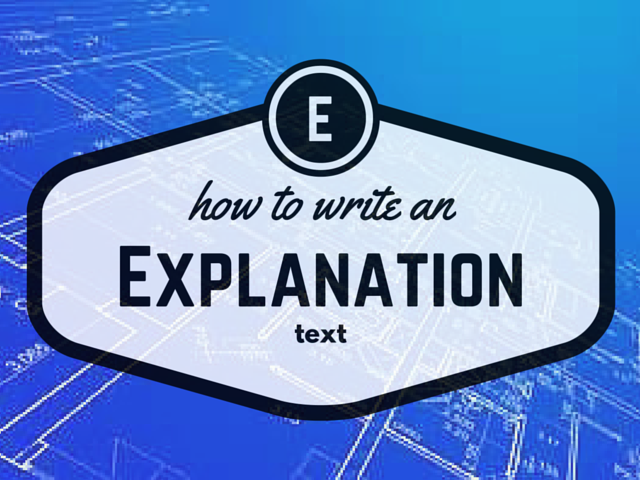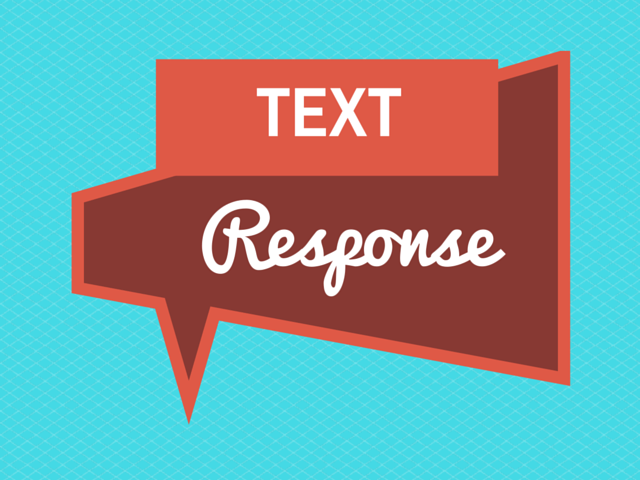We're Doing It Wrong: 25 Ideas in Education That Just Don't Work―And How to Fix Them
/David Michael Slater is a veteran middle and high school teacher who was named the City of Beaverton, Oregon’s Educator of the Year in 2012. He is also an acclaimed author of over 20 works of fiction for children, teens, and adults. His work for children includes the picture books Cheese Louise!, The Bored Book, The Boy & the Book and Hanukkah Harvie vs. Santa Claus; the early chapter book series, Mysterious Monsters; and the teen series, Forbidden Books. David's work for adults includes the comic-drama, Fun & Games, which the New York Journal of Books called “hilarious.” David teaches in Reno, Nevada, where he lives with his wife and son.
David has written an insightful book about the 'Broken' American education system which is really worth a read. As a result I have given the David the very rare opportunity to share some insights about himself and his great book below. Please note that this is NOT a paid article. We never receive payment for articles.
I’m not humble-bragging when I tell you that I’ve been stunned by the praise piling up for We’re Doing It Wrong: 25 Ideas in Education That Just Don’t Work – And How to Fix Them. I was hesitant to begin the project (my first work of nonfiction), unsure whether there was really any need for a collection of thoughts that, in my opinion, were 1) mostly common sense and 2) shared by many, if not most, teachers I’ve worked with over nearly twenty years. In other words, I feared wasting my time stating the obvious.
“It seems the obvious needed to be stated – and that our discussions about education could benefit from an injection of common sense.”
Teachers who read early drafts of the book confirmed that they shared many of my opinions – but pointed out that no one ever asks for them. And it’s true: in all the endless chatter about public schools, the last people consulted on how they operate and might be improved are the people who actually work in them. Seeing their views and experiences working in an increasingly fraught environment reflected by a fellow teacher felt like a victory all by itself for many of the book’s first readers. It was equally exciting that a slew of educational gurus found the book worthy as well, experts who’ve read and written countless books on the subject.
But perhaps the best news is that WDIR has also been appealing to non-teachers. It’s been gratifying to hear from folks who are finding the book valuable in combating the chaos of misperceptions the general public has about public education. Everyone knows our schools have issues, but they really don’t know what they are. What they do know is that they’re tired of being told what to think about education by people with zero training in it – and who have never stepped foot in an actual classroom.
We’re Doing It Wrong is for everyone who wants to hear from people who spend every single day, year after year, in the classroom doing the hard work of teaching. It’s a conversation for them – for you I hope – and I’m humbled and honored to do my part in getting it started. If you’re interested, we’re continuing this critical dialogue at www.weredoingitwrong.com, where anyone with strong opinions about education are encouraged to share their thoughts.









